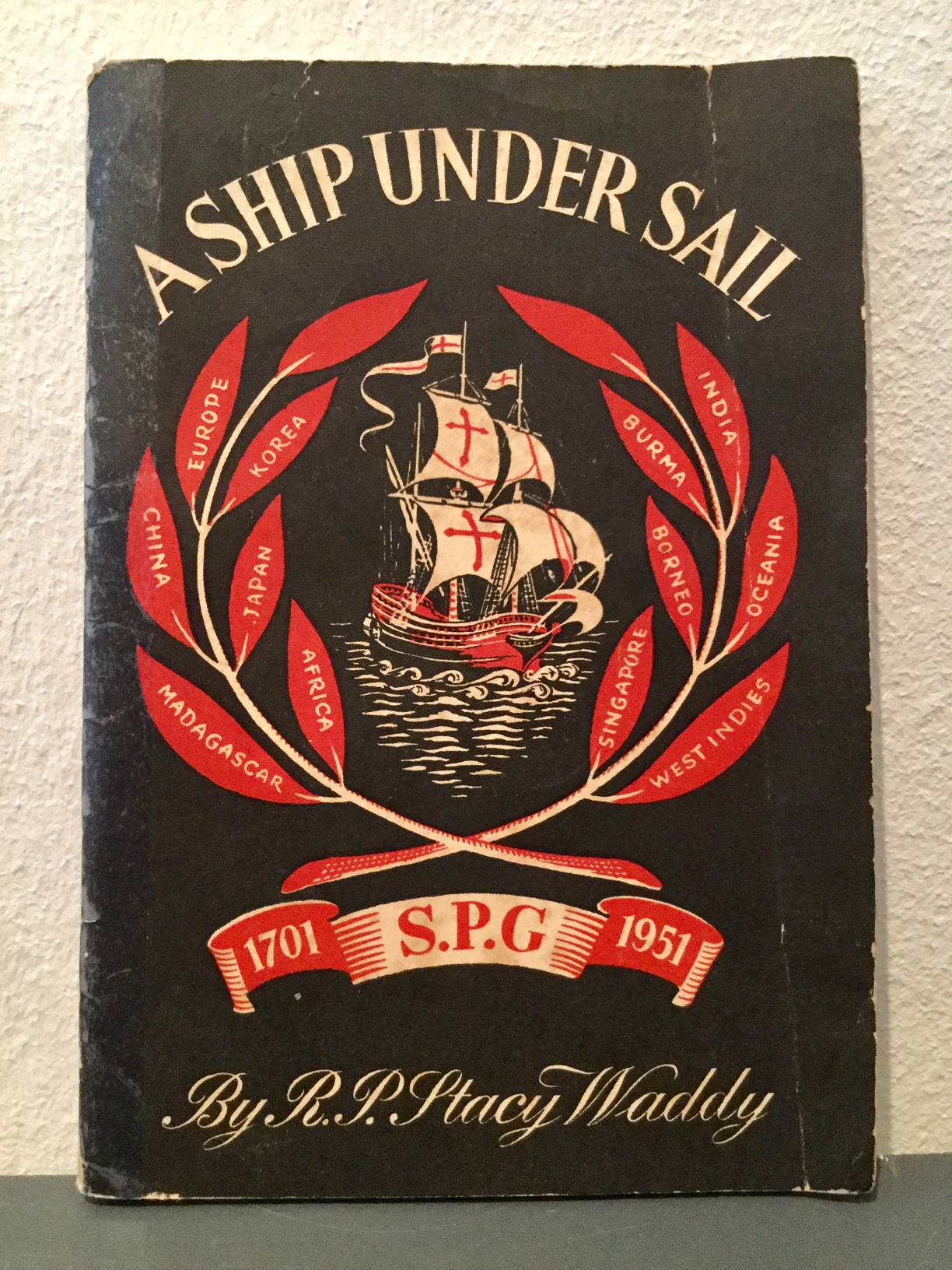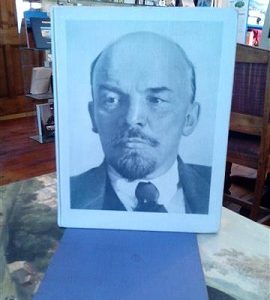R180.00
The Society for the Propagation of the Gospel in Foreign Parts (SPG) was a Church of England missionary organization active in the British Atlantic world in the 18th and 19th centuries. Founded in 1701 by Reverend Thomas Bray and a small group of lay and clerical associates, it sent Anglican clergymen and religious literature to Britain’s colonies, supported schoolmasters and the establishment of new churches, and lobbied for a more expansive place for the Church of England in Britain’s burgeoning empire. In total, the SPG supported more than four hundred overseas agents in the 18th century. Bray and his collaborators believed that the colonial Church of England was underdeveloped, that it had too few properly ordained ministers, and that dissenters, especially Quakers, exercised too much influence in the colonies. Many SPG supporters also looked on global Roman Catholic missionary activity with a mixture of awe and hostility, and envisioned the organization as a counterweight to the Jesuits and other Catholic orders. The society focused its attention on British colonies without strong Anglican legal establishments. As a result, while its role in the Chesapeake and most Caribbean colonies was minimal, the SPG was continuously active in the lower South, the mid-Atlantic, New England, Bermuda, and colonies that would become part of Canada. It also operated in Barbados, where a charitable bequest aimed at establishing a college made the society owners of a slave-worked sugar plantation, and it launched the first British missionary program in West Africa beginning in the 1750s. The SPG devoted the bulk of its resources to bringing Anglican worship to European settlers and was instrumental in the long-term institutional development of the Church of England and Episcopalianism in the United States, Canada, and elsewhere. It also worked, albeit with mixed results, toward the Christianization of Native Americans and free and enslaved Africans and African Americans. The society’s original charter confined its operations to Britain’s colonies, so its activities in much of mainland North America ceased with the establishment of an independent United States in 1783. In the aftermath of the American Revolution, the society expanded its activities in the Caribbean and what remained of British North America, and then became an increasingly global missionary organization as the 19th century progressed. The society remains active worldwide, operating after 1965 as the United Society for the Propagation of the Gospel (USPG) and since a 2012 rebranding as the United Society or “Us.”
rice: R180.00
Edition: Second edition
Published: 1951
Publishers: The Society for the Propagation of the Gospel in Foreign Parts
Condition: Softcover booklet in fair condition, with creases, scuff marks around the edges and corners. Foxing on the inside of the cover. Otherwise internally clean and tightly bound
1 in stock
Description
The Society for the Propagation of the Gospel in Foreign Parts (SPG) was a Church of England missionary organization active in the British Atlantic world in the 18th and 19th centuries. Founded in 1701 by Reverend Thomas Bray and a small group of lay and clerical associates, it sent Anglican clergymen and religious literature to Britain’s colonies, supported schoolmasters and the establishment of new churches, and lobbied for a more expansive place for the Church of England in Britain’s burgeoning empire. In total, the SPG supported more than four hundred overseas agents in the 18th century. Bray and his collaborators believed that the colonial Church of England was underdeveloped, that it had too few properly ordained ministers, and that dissenters, especially Quakers, exercised too much influence in the colonies. Many SPG supporters also looked on global Roman Catholic missionary activity with a mixture of awe and hostility, and envisioned the organization as a counterweight to the Jesuits and other Catholic orders. The society focused its attention on British colonies without strong Anglican legal establishments. As a result, while its role in the Chesapeake and most Caribbean colonies was minimal, the SPG was continuously active in the lower South, the mid-Atlantic, New England, Bermuda, and colonies that would become part of Canada. It also operated in Barbados, where a charitable bequest aimed at establishing a college made the society owners of a slave-worked sugar plantation, and it launched the first British missionary program in West Africa beginning in the 1750s. The SPG devoted the bulk of its resources to bringing Anglican worship to European settlers and was instrumental in the long-term institutional development of the Church of England and Episcopalianism in the United States, Canada, and elsewhere. It also worked, albeit with mixed results, toward the Christianization of Native Americans and free and enslaved Africans and African Americans. The society’s original charter confined its operations to Britain’s colonies, so its activities in much of mainland North America ceased with the establishment of an independent United States in 1783. In the aftermath of the American Revolution, the society expanded its activities in the Caribbean and what remained of British North America, and then became an increasingly global missionary organization as the 19th century progressed. The society remains active worldwide, operating after 1965 as the United Society for the Propagation of the Gospel (USPG) and since a 2012 rebranding as the United Society or “Us.”
rice: R180.00
Edition: Second edition
Published: 1951
Publishers: The Society for the Propagation of the Gospel in Foreign Parts
Condition: Softcover booklet in fair condition, with creases, scuff marks around the edges and corners. Foxing on the inside of the cover. Otherwise internally clean and tightly bound
Additional information
| Weight | 197 g |
|---|








